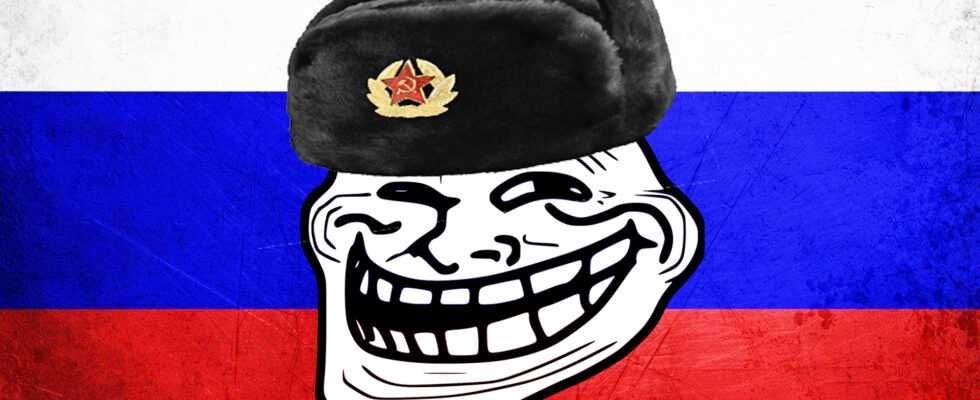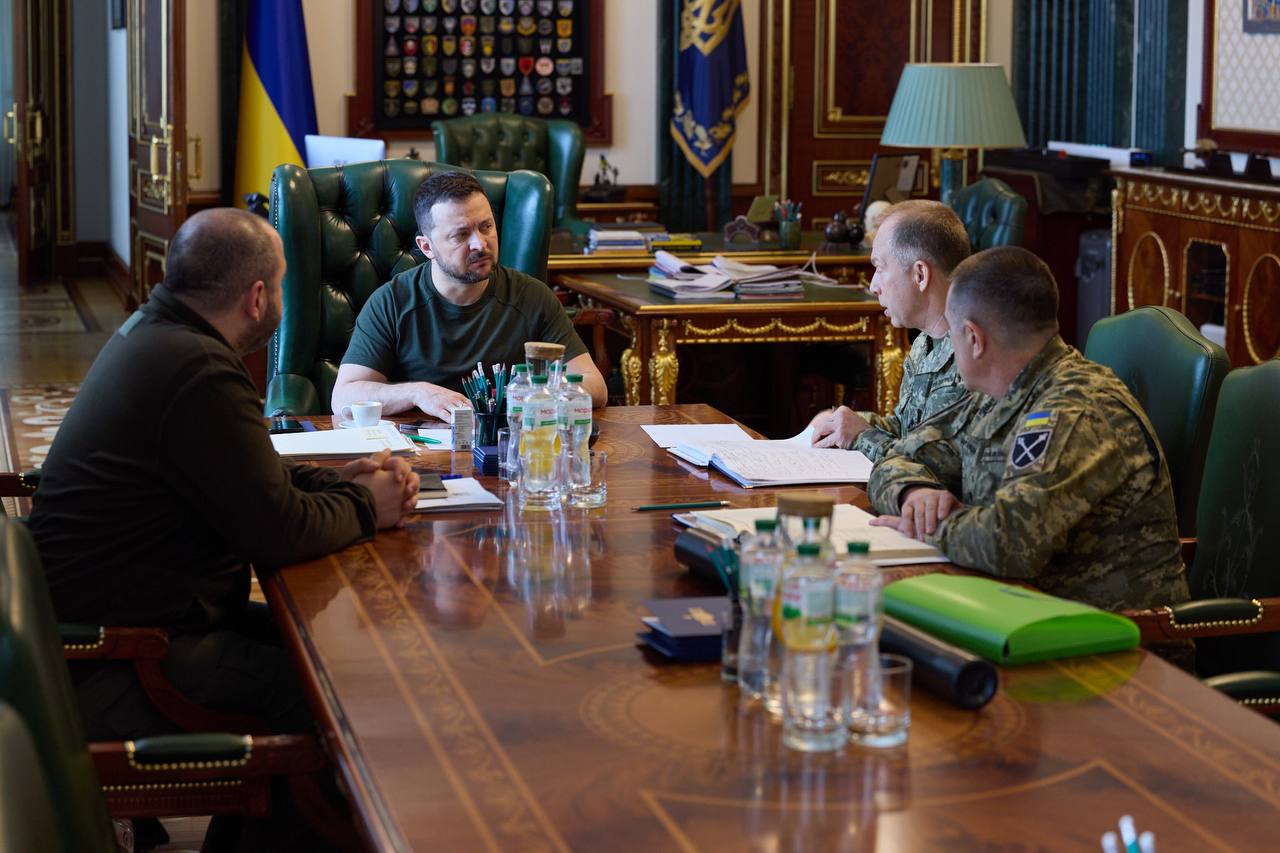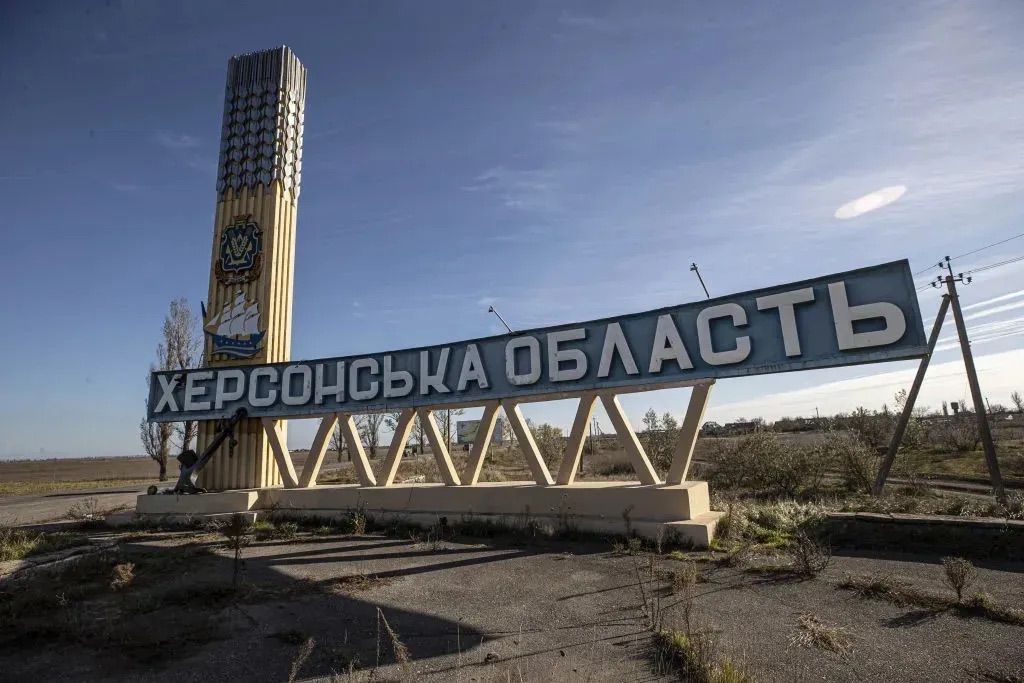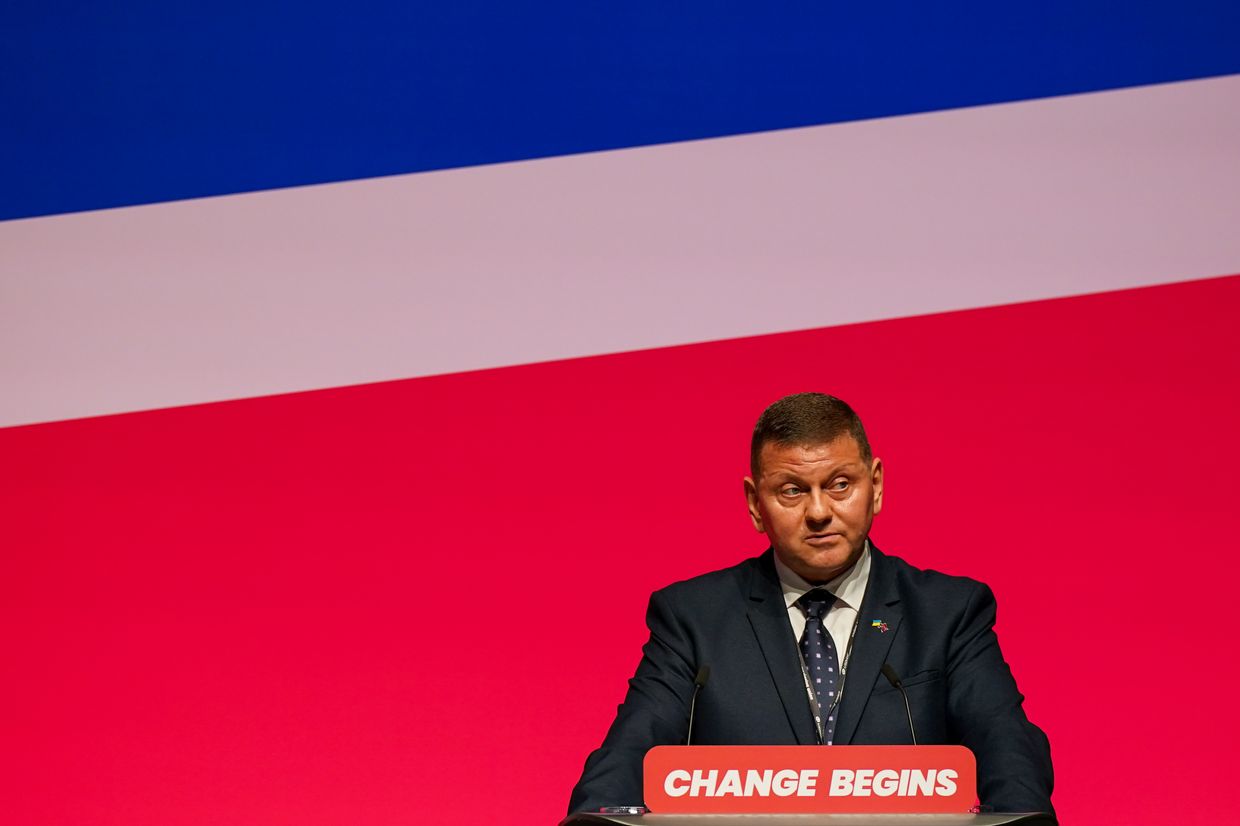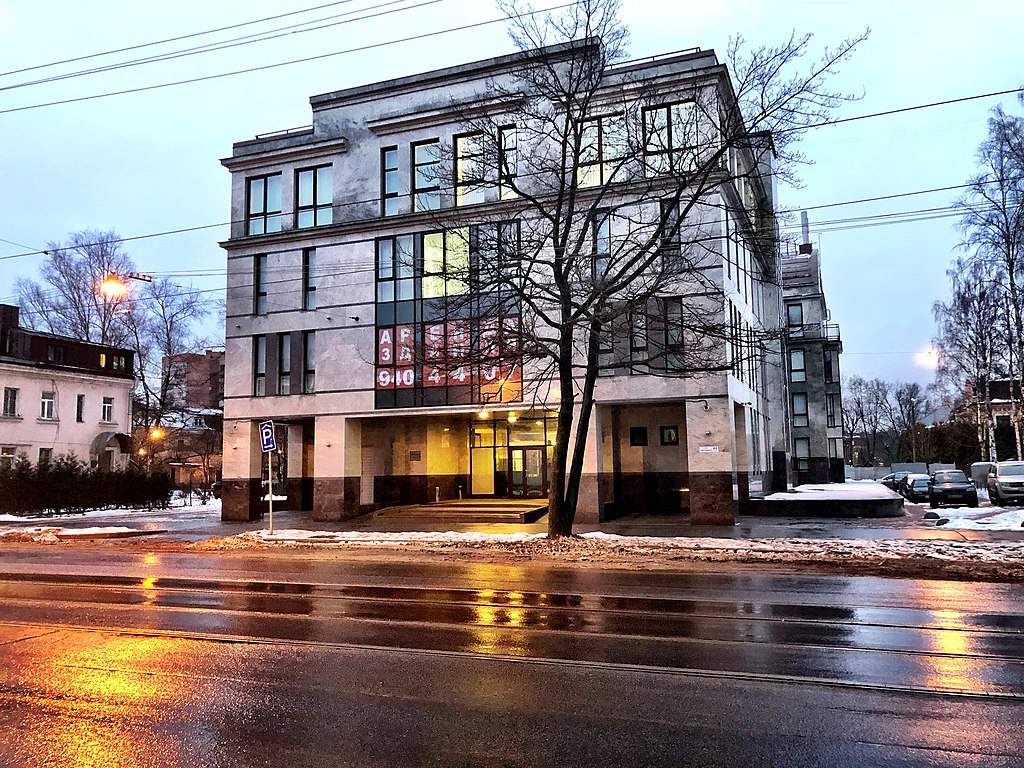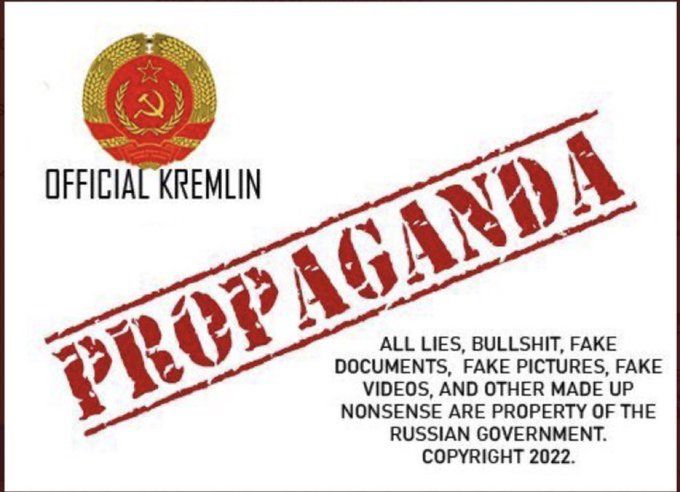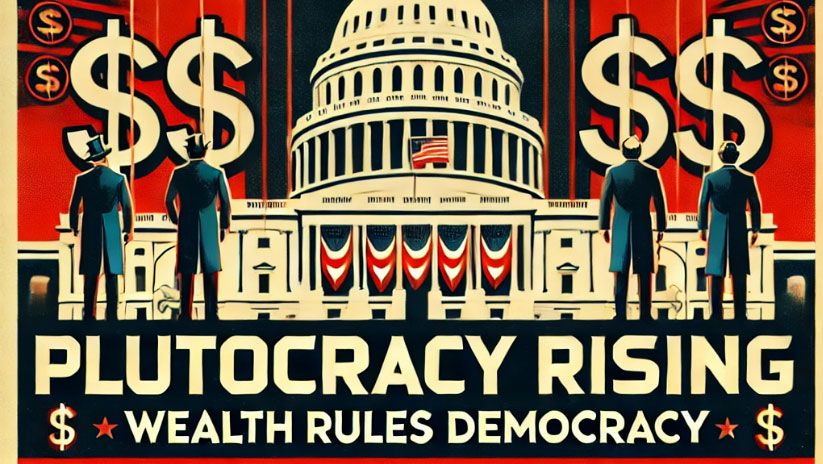The Network of Influence
According to a RAND Corporation study, Russian propaganda is distinguished by its extensive reach, utilizing a vast array of channels and messages to disseminate information. This strategy involves the spread of partial truths or outright fiction, executed in a manner that is fast, continuous, repetitive, and often inconsistent. The primary aim is to manipulate public perception, employing news channels and social media platforms as its main conduits. This is further amplified by tens of thousands of troll accounts on platforms such as Twitter and Facebook, creating a pervasive network of influence.
RT (formerly Russia Today) stands as one of Russia's principal news media providers, boasting a substantial budget of over $300 million per year. It offers broadcasts in multiple languages, including English, French, German, and Spanish, reaching a wide international audience. With claims of over 10 billion views and 30 million subscribers online, RT positions itself as a major player in the global news landscape, albeit one that serves as a conduit for Russian state perspectives.
Beyond recognized sources like RT, there are dozens of proxy news sites that, while presenting Russian propaganda, do so with disguised or minimized affiliation to Russia. These outlets, alongside the concerted efforts of a so-called "brigade" analyzed by The Guardian, work to steer social media discussions and comment sections in newspapers toward pro-Russia opinions. Such activities extend to the manipulation of polls in Western media, including distortions of public sentiment on issues like sanctions against Russia.
The Anatomy of the Troll Factories
The phenomenon of Russian "troll factories" was spotlighted in the run-up to the 2016 US presidential elections, with the US Department of Justice uncovering a budget of $1.25 million dedicated to intervening in the US political system. These factories continue to recruit and hire, branding the job as a patriotic activity, especially in support of Russia's wars (“military operations”) in Ukraine.
Two South Carolina professors observed that pro-Vladimir Putin social media activities bore the hallmarks of the Internet Research Agency (IRA), notorious for its role in the 2016 US election interference. The pattern of activity indicated structured work hours typical of a regular job. This discovery was consistent with Clemson University and ProPublica's analysis, suggesting a calculated orchestration of propaganda efforts aligned with the Russian workday.
One of the ‘hubs’ linked to the IRA in Saint Petersburg, Russia
The IRA's existence as a hub for state-backed social media manipulation goes back to at least 2013, with efforts to politically destabilize adversaries, as identified in a US Senate Intelligence Committee report. A multimillion-dollar annual budget backed these operations, employing hundreds of trolls across various departments, all under comprehensive oversight.
The employees, immersed in American culture and language training, disguised their Russian origins using proxy servers and fake social media accounts. Over time, these accounts grew in influence. In early 2023, Yevgeny Prigozhin, a prominent figure tied to the IRA and leader of the Wagner Group, claimed he founded the IRA. His later death followed an attempted coup against Putin's government.
By 2015, the IRA had around 400 employees, with specific quotas for content creation to disrupt the US political landscape. Their expansive reach covered most social media networks, including Russia's VKontakte, and their workplace culture was driven by stringent performance metrics. The IRA's operations extended beyond online actions; they also orchestrated real-world events in the US, duping Americans into participating in rallies that served Russian interests. Despite indictments in 2018, those involved with the IRA remain unprosecuted, shielded by the absence of an extradition treaty between the US and Russia. While the US Cyber Command disrupted the IRA's activities during the 2018 congressional elections, their current status is murky. Nevertheless, the UK's sanctions against the IRA in 2022, alongside the EU's measures, indicate a continued vigilance against their disinformation campaigns.
The Financial Threads
A former paid IRA Russian troll, interviewed by Radio Free Europe, revealed the 24/7 operation of these trolls, each with quotas to meet, further illustrating the organized and systematic approach to online manipulation. Employees, just like Sergei (the interviewed troll), were tasked with posting a high volume of comments across various platforms, including news websites and social media, to spread pro-Russian sentiments or create discord. According to him, trolls are on duty 24 hours a day, in 12-hour shifts, and each has a daily quota of 135 comments of at least 200 characters. He said that most trolls were paid about ₽40,000/month ($524); he earned ₽45,000; others who worked more were paid more. He posted 120 comments during his service.
Despite the seemingly good pay, the job demanded extensive hours and the creation of numerous fake accounts, requiring a mix of creativity and deceit. The work involved targeting specific media outlets deemed unfriendly to their cause and employing tactics to evade detection, like using VPNs and modifying stolen photos to create believable yet fake online personas. These trolls, divided into departments focusing on different social media platforms, engage in creating divisive content, including memes of various natures, to spread their messages. The creation of fake accounts and the appropriation of images from other social media platforms or even from deceased individuals underscore the lengths to which these operations go to blend in and influence.
Financial incentives play a significant role in this ecosystem, with different reports and interviews revealing varying levels of compensation for spreading anti-Western propaganda. The involvement of public figures, journalists, and even influencers on platforms like TikTok suggests a wide-reaching strategy to embed pro-Kremlin messages across the media landscape.
Other sources claim that Putin's trolls earned almost ₽120,000/week ($1200) in 2018, spreading anti-Western propaganda on Facebook and Twitter (The Sun, 2018). Evidence shows that the troll factory uses Telegram to actively recruit and coordinate new supporters who then target the social media profiles of critics - spamming them with pro-Putin and pro-war comments (UK Govt report 2022).
TikTok is another platform where Russian trolls operate. It's estimated that the salary of "influencers" on TikTok ranges from ₽2,000-20,000, (approx. $17/post) - criticized for selling out for so little (Vice interview).
Conversely, public figures and journalists are paid better. For example, the Bulgarian secret service has data showing that Russia pays about €2000/month to public figures, journalists, and politicians to spread Russian propaganda.
A Russian media organization paid $6.8mil to American conspiracy theorist Benjamin Swann to create pro-Kremlin propaganda about the war in Ukraine and the “cultural war” in the US, according to records from the Foreign Agents Registration Act (US Department of Justice).
The Global Echo Chamber
Russian state-run media outlets are engaging in a sophisticated disinformation campaign by selectively amplifying content from U.S. sources that aligns with the Kremlin's narratives. This strategy involves highlighting extreme political viewpoints from both the far left and far right, framing these views as representative of mainstream American opinions. Notable American figures such as former Fox News commentator Tucker Carlson and members of "The Squad," a group of progressive Democrats in Congress, are frequently cited. This tactic is designed to lend credibility to anti-Western and anti-Ukrainian stories, making them appear as widely accepted viewpoints within the United States.
Moreover, the strategy extends to elevating fringe commentators to the status of significant influencers, thereby suggesting a broader U.S. endorsement of Russia's positions. Figures such as Jackson Hinkle and Jack Posobiec, who might be unknown to the mainstream U.S. audience but have a following in far-right and conspiracy circles, are presented as key voices in American discourse. Russian media outlets like RIA Novosti and Lenta.Ru use these individuals' statements to support the narrative of a "declining" West, often in a manner that distorts the true scale of their influence.
These disinformation efforts serve multiple purposes: they amplify divisions within U.S. society, lend an air of legitimacy to Kremlin-backed narratives, and mislead Russian citizens about American perspectives on international issues. By showcasing these extreme viewpoints, Russian state media aims to underscore narratives that paint Ukraine and Western policies in a negative light, thereby bolstering the Kremlin's foreign policy agenda.
While the individuals cited in these campaigns might not be considered trolls in the traditional sense, it's important to note that some are financially compensated by Russia for their contributions to these narratives. This financial relationship underscores a more organized and potentially state-directed effort to utilize foreign commentators in the dissemination of propaganda. Such arrangements indicate a deliberate strategy by Russian media to not only exploit existing divisions within American society but also to actively engage with and incentivize individuals who can contribute to these disinformation efforts.
This tactic of leveraging paid commentary from abroad blurs the lines between organic political discourse and state-sponsored propaganda. It raises concerns about the extent to which foreign states can influence public opinion and political dynamics in the United States and other democracies. The reliance on figures from both the far left and far right, along with the financial ties between some of these commentators and Russia, highlights the complexity and potency of modern disinformation campaigns. These efforts aim not just to misinform but to reshape the international narrative in ways that serve the Kremlin's interests, demonstrating the global challenge of countering disinformation in the digital age.
The implications of these activities are profound, with Russian troll factories seeking to exploit societal grievances and ignite division. Their tactics, devoid of a commitment to any specific political ideology, aim instead to exploit human emotions on sensitive subjects, thereby sowing discord. Identifying such trolls involves vigilance towards excessive negativity, personal attacks, provocative language, and scrutinizing the history of suspicious profiles.
In recognizing the sophisticated tactics and expansive reach of these campaigns, we arm ourselves with the knowledge necessary to defend against the corrosion of truth, ensuring that the digital age remains a beacon of enlightenment rather than a tool of division.
References
https://spyscape.com/article/inside-the-troll-factory-russias-internet-research-agency
https://www.voanews.com/a/russian-propaganda-presents-fringe-views-in-us-as-mainstream/7366229.html
documentcloud.org/documents/2212
https://euvsdisinfo.eu/the-st-petersburg-troll-factory-targets-elections-from-germany-to-the-united-states/
https://www.gov.uk/government/news/uk-sanctions-collaborators-of-russias-illegal-sham-referendums
https://www.state.gov/wp-content/uploads/2022/01/Kremlin-Funded-Media_January_update-19.pdf
https://www.cnn.com/2020/09/01/tech/russian-troll-group-facebook-campaign/index.html
https://www.justice.gov/file/1035477/download
https://www.rferl.org/a/russian-troll-factory-hacking/31076160.html
https://www.documentcloud.org/documents/22129065-rebel-media-productions-llc-registration-statement


